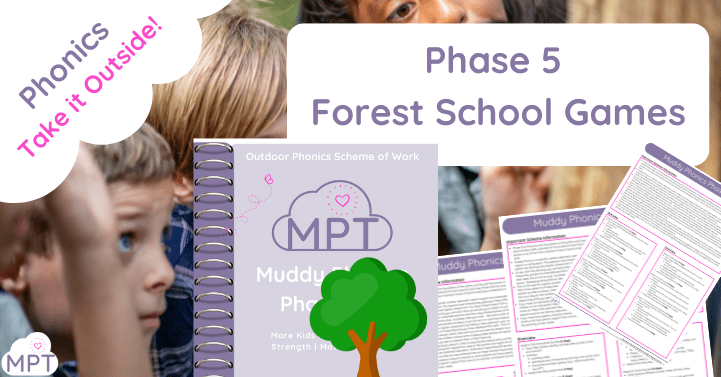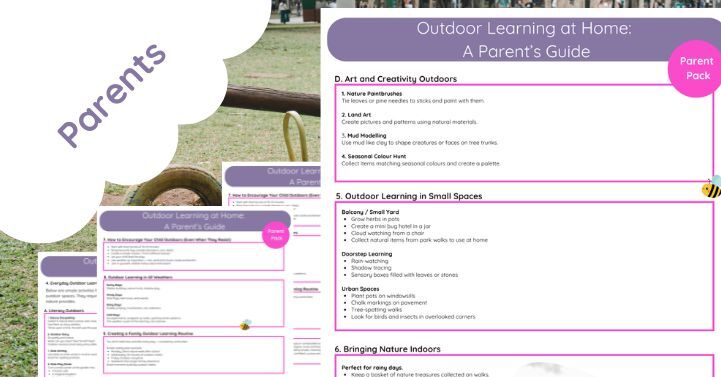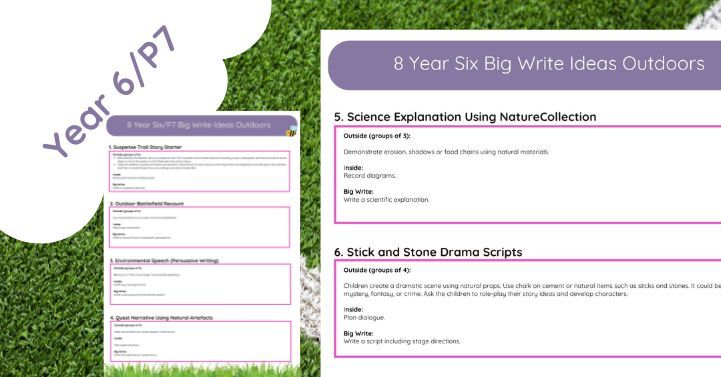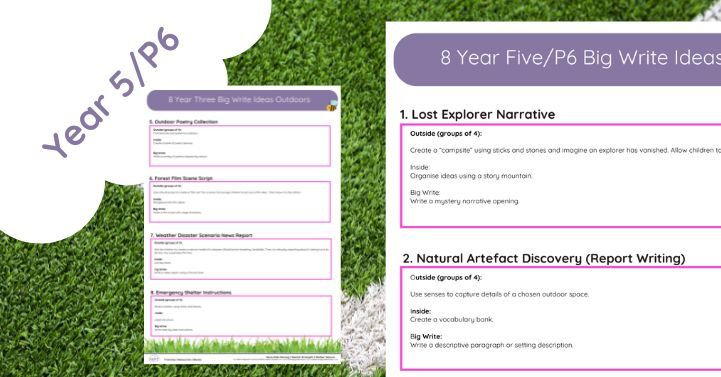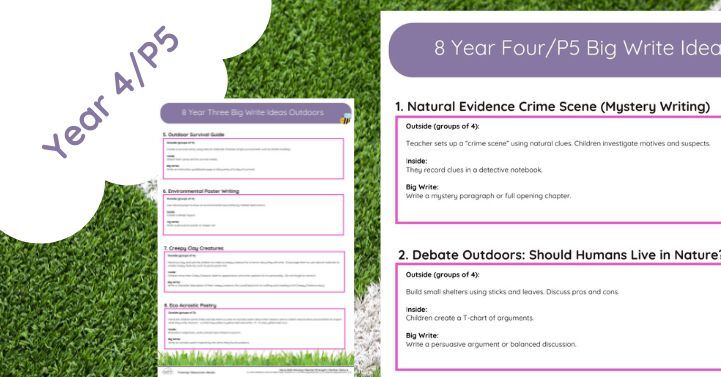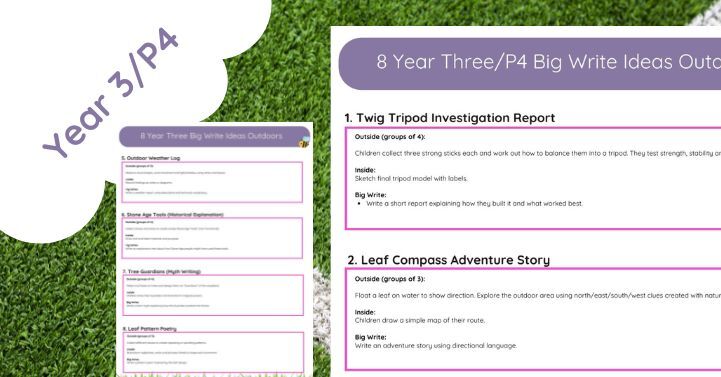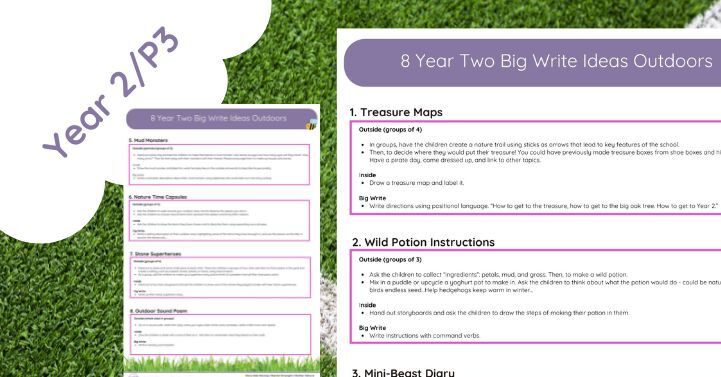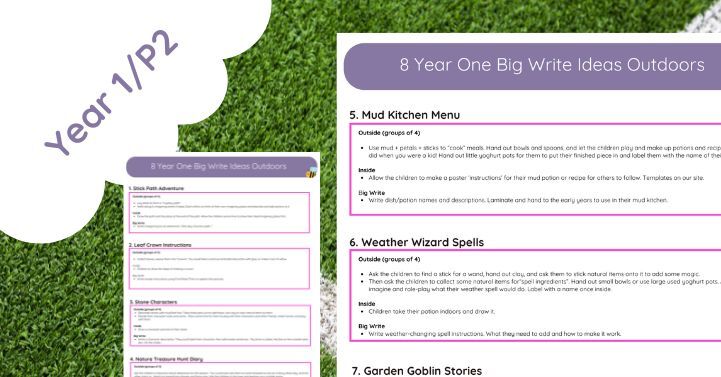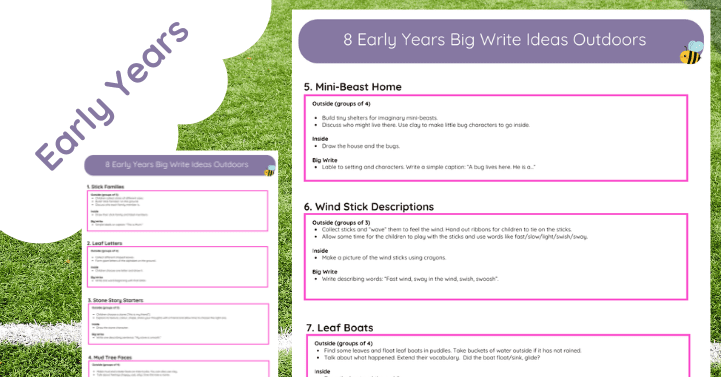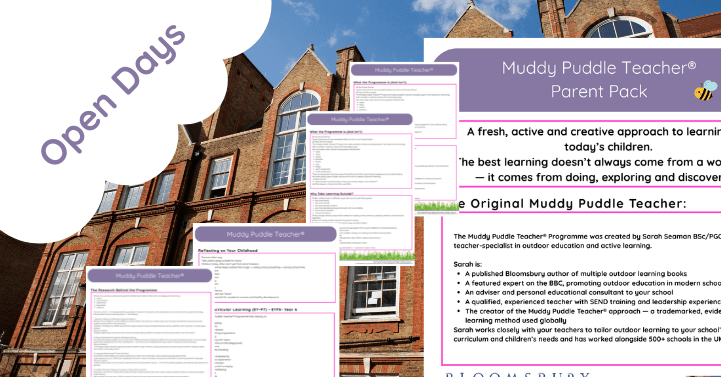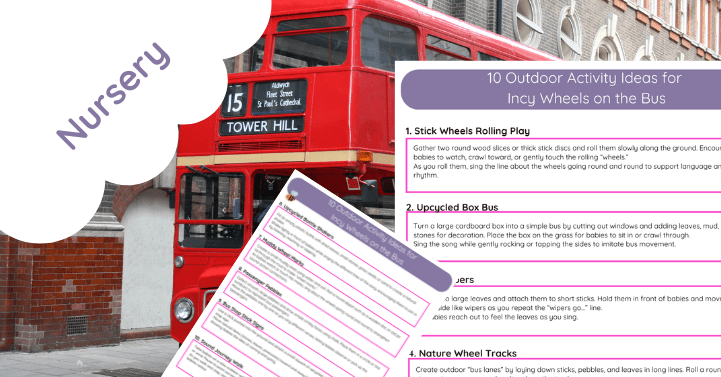Forest School Games: Phase 5 Phonics
Take phonics learning outdoors with hands-on, nature-based games!
Forest School Games: Phase 5 Phonics is a fun and engaging resource designed to help children master Phase 5 phonics through outdoor exploration and play. Perfect for teachers, outdoor educators, and homeschoolers, these activities reinforce new graphemes, tricky words, and alternative spellings in an exciting, nature-rich setting.
What’s Inside?
✔ 10+ interactive phonics games focusing on alternative spellings, tricky words, and blending sounds.
✔ Outdoor challenges that encourage active learning using natural materials like sticks, stones, and leaves.
✔ Engaging team and solo activities that support phonemic awareness and spelling in real-world contexts.
✔ Multi-sensory learning experiences that cater to visual, auditory, and kinesthetic learners.
✔ Easy-to-follow instructions with adaptable activities for Forest Schools, outdoor classrooms, and home education.
Why You’ll Love It:
✔ Encourages movement and exploration while reinforcing key phonics skills.
✔ Boosts confidence in reading and spelling through hands-on learning.
✔ Promotes teamwork, problem-solving, and creativity in a natural environment.
✔ Designed for flexibility—ideal for group activities or one-on-one learning.
✔ Supports long-term literacy development by making phonics fun and memorable.
Perfect for educators, parents, and Forest School leaders, this resource turns Phase 5 phonics into an exciting outdoor adventure!
Take learning outside and watch phonics skills grow naturally!
Forest School is an educational approach that emphasizes outdoor, nature-based learning to foster personal, social, and academic development. Originating in Scandinavia, this method has gained global recognition for its holistic benefits.
Defining Forest School
According to the Forest School Association, Forest School is a long-term process of regular sessions in a woodland or natural environment, supporting the development of a lifelong relationship between the learner and the natural world. It utilizes a range of learner-centered processes to create a community for being, development, and learning.
Key Principles of Forest School
- Child-Centered Learning: As highlighted by Plymouth Marjon University, Forest School provides learner-inspired, hands-on experiences in the natural environment, encouraging creativity and problem-solving.
- Regular Sessions: The Forest School Foundation emphasizes that Forest School is a progressive, alternative education model held almost exclusively outdoors, with regular sessions that allow children to develop through healthy engagement with risk, problem-solving, and self-discovery.
- Holistic Development: As noted by High Speed Training, Forest School is a long-term outdoor education process that is holistic and learner-led, allowing children to develop themselves through engagement with risk, problem-solving, and self-discovery in a natural environment.
Benefits of Forest School
- Enhanced Confidence and Independence: Regular interaction with nature helps children build self-esteem and autonomy.
- Improved Social Skills: Collaborative outdoor activities foster teamwork and effective communication.
- Physical Development: Engaging with the natural environment promotes physical health and motor skills.
- Academic Growth: Integrating natural elements into learning enhances understanding across various subjects.
Global Adoption of Forest School
The Forest School approach has been adopted in various countries, including the UK, USA, Canada, and Australia, each adapting the model to their unique environments and educational frameworks. For instance, the Cedarsong Nature School in the United States was the first to establish a forest kindergarten, emphasizing nature immersion for early education.
Implementing Forest School
To implement a Forest School program, educators typically undergo specialized training to become certified leaders. This training equips them with the skills to facilitate outdoor learning experiences that are safe, engaging, and educational.


